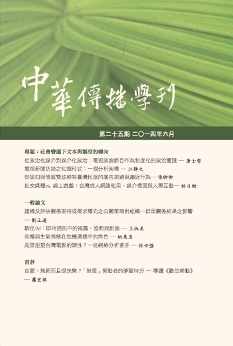 閱覽人數: 1954
閱覽人數: 1954
June
2014
No. 25
社會變遷下文本與類型的轉向
Transformation of Text and Genre under Social Change頁數:193 - 222
作者(中)
姚惠忠
作者(英)
Hui Chung Yao
關鍵詞(中)
生氣、危機溝通、固定連續樣本研究、恐懼、塑化劑
關鍵詞(英)
anger, crisis communication, panel study, fear, plasticizer
中文摘要
本研究以塑化劑事件為例,運用固定連續樣本研究法(panel study)蒐集資料,探討恐懼與生氣情緒在危機溝通中的成因與作用。主要研究發現包括:(1) 危機事件對組織的影響可能持續約半年時間;(2) 生氣會在危機責任與組織聲譽之間扮演完全中介角色;(3) 恐懼在塑化劑事件中應屬結果型情緒;(4) 恐懼對購買意圖的影響,遠大於生氣情緒;生氣對組織聲譽的影響則大於恐懼情緒。(5) 建構包含恐懼與生氣情緒的SCCT 再修正模型。
英文摘要
To investigate the antecedents and consequences of two types of emotion (fear and anger) in crisis communication from a longitudinal perspective, this study used a panel study to monitor respondents’ emotions, perceptions, and behavioral intentions during a plasticizer crisis. The findings are listed as follows. (1) The impacts of a plasticizer crisis on an organization can persist as long as 6 months. (2) Anger fully mediates crisis responsibility and organizational reputation. (3) Fear is identified as an outcome-dependent emotion in times of crisis. (4) Fear exerts a stronger effect on purchasing intentions than anger does. Conversely, anger exerts a stronger effect on reputation than does fear. (5) The SCCT model containing the emotions of fear and anger is refined.